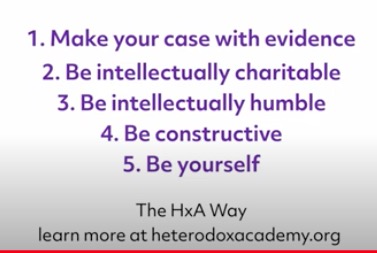The more I learn about the brain, the more I am amazed and confounded. It doesn't seem possible that brains should work nearly as well as they do. Let me rephrase . . . it doesn't seem possible that brains should work at all. For starters, what's with consciousness? Yes, we are exquisite survival machines, but that doesn't necessarily mean that we should expect to have a front seat to the show, the sounds and lights and smells and touches associated with surviving. But we are plopped into front row seats and it's glorious and terrifying to be a conscious witness to our day-to-day adventures. This makes no sense to me. It seems that we could be exquisite survival machine yet not be conscious of anything. What is the value-added of being conscious witnesses? I'm not a believer in "free will," so I'm not convinced that it is necessary to have a conscious commander of my body. On the other hand, I can't believe that natural selection threw in would would seem to be an expensive add-on like consciousness just for the entertainment value.
All of the above is a mere warm-up to another miracle performed by brains. Today I was looking for a tiny bluetooth speaker, but could not find it. I decided to walk down to work in my basement on an entirely unrelated project, but my mind returned to the search for the bluetooth speaker. While standing in my basement, my three-pound brain retraced my steps over the past week, ruling out certain locations any playing little "videos" convincing me that the speaker was not somewhere other than my house. Then while my eyes were wide open, my mind generated imagery of me placing that little speaker next to a guitar case in my bedroom (two floors up). This imagery was vivid and convincing. I was now certain of where the speaker was, even though I wasn't yet looking at the speaker. I walked upstairs and found it exactly where my brain said it would be. My three-pound brain created an accurate model of my house and replayed my activities over the past week. It did this quickly and effortlessly, generating "videos" and a rationale for why I put the speaker where I did. Billions and billions of microscopic neurons doing something that seems impossible, even after I saw that it could actually happen. My brain did it without any programming by any sentient being. I has no central processing unit and no traditional software. As best we know, this set of miracles occurs as the result of this Hebbian insight: Nerves that fire together wire together.
My difficulties understand the magnificence of the brain reminds me of the story of the engineers who, studying the anatomy and physiology of a bumblebee, concluded that it would be impossible for such a creature to fly.
And now that same brain that found my lost object harnesses the intricacies of the English language, allowing me to share this story about how two ways in which ordinary brains are beyond-belief extraordinary. The only reason we aren't repeatedly stunned and disoriented by the amazing things are brains can do is because we have gotten used to such miracles, day after day after day.

